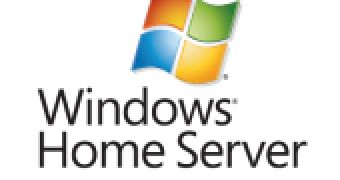Microsoft has released Windows Home Server 2011, formerly codenamed Vail, to manufacturing. This means that original equipment manufacturers around the world will now receive the RTM bits and start bundling the OS with consumer-oriented server offerings.
According to the software giant, a variety of OEMs as well as System Builders have already been hard at work putting together Windows Home Server 2011 solutions and form factors.
Specific availability deadlines weren’t provided, but the company expects the first WHS 2011 servers to hit store shelves as early as May 2011.
“Affordable and easy-to-use, Windows Home Server 2011 is the ideal solution to help families keep their important digital files and data automatically backed up, organized, and accessible from virtually anywhere,” revealed a member of the Windows Home Server team.
Unlike the first version of WHS, Microsoft aligned its development efforts for Windows Home Server 2011 with those for such server platforms as Windows Small Business Server 2011 Essentials and Windows Storage Server 2008 R2 Essentials.
Since business customers and consumers don’t exactly share the same necessities in terms of their server operating system, the company decided to favor the first in the detriment of the later.
Windows Home Server 2011 no longer sports Drive Extender, a feature which allowed multiple hard drives to be pooled together in a simple volume seamlessly.
MSDN and TechNet subscribers will be able to download Windows Home Server 2011 RTM starting in early April 2011, Microsoft promised.
It appears that even users without a MSDN or a TechNet subscription will be able to take Windows Home Server 2011 RTM out for a spin, although only by testing a trial release.
“WHS 2011 will be released in 19 languages including Chinese (Simplified), Chinese (Traditional, Taiwan), Chinese (Hong Kong), Czech, Dutch, English, French, German, Hungarian, Italian, Japanese, Korean, Polish, Portuguese (Brazil), Portuguese (Portugal), Russian, Spanish, Swedish, and Turkish,” the Windows Home Server team representative added.

 14 DAY TRIAL //
14 DAY TRIAL //